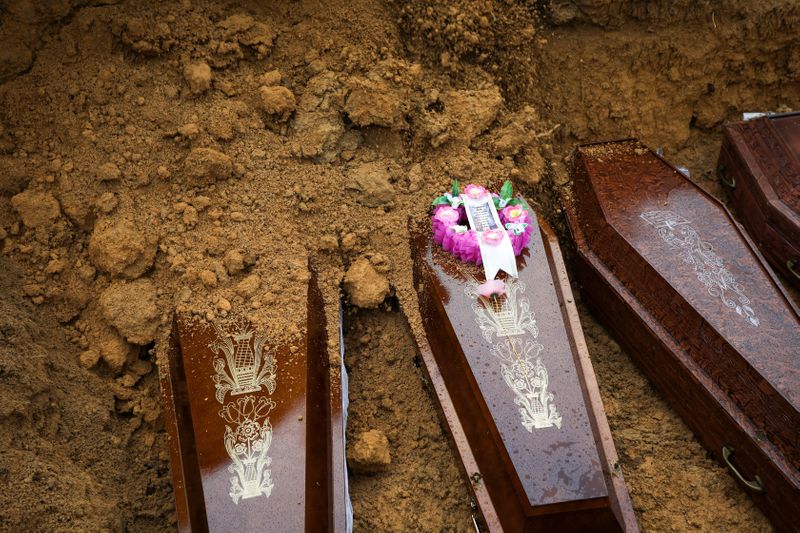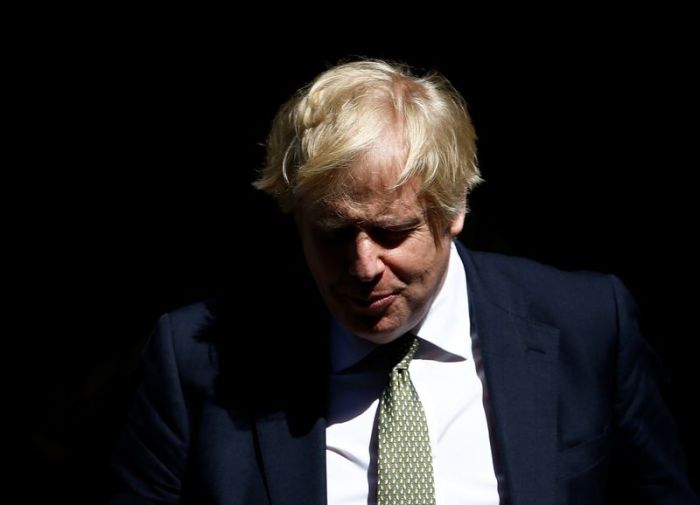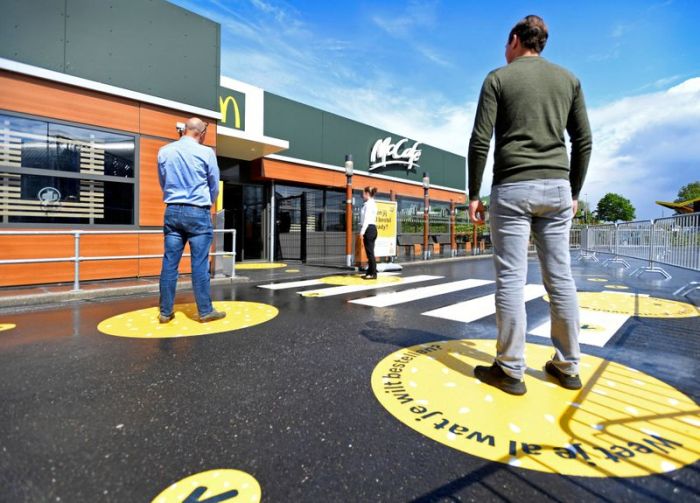BRASILIA (Reuters) – Brazil, one of the world’s emerging coronavirus hot spots, registered a record number of cases and deaths on Wednesday, prompting the health minister to flag the possibility of strict lockdowns in particularly hard-hit areas.
The nation registered 10,503 new confirmed cases of the novel coronavirus in the last 24 hours, well above the previous record of 7,288 cases on April 30, according to health ministry data. Brazil also registered 615 deaths, up from the previous record of 600 on Tuesday.
There are over 100,000 completed coronavirus tests that still have not been registered in the national database, health ministry subsecretary Wanderson Oliveira warned, meaning case numbers could rise steeply in the coming days.
Overall, Brazil has registered 125,218 cases and 8,536 deaths due to the virus. New cases rose roughly 9.2% over the last 24 hours, while deaths increased roughly 7.8%.
Health Minister Nelson Teich told a press conference an increasing number of local authorities may have to institute “lockdowns,” as the coronavirus growth curve does not appear to be flattening.
The state prosecutor’s office in Rio de Janeiro said it had received a report from Brazil’s leading epidemiological institute, Fiocruz, recommending a lockdown in metropolitan Rio de Janeiro.
The prosecutors, who have significant independent powers in Brazil, said they had forwarded the report to the governor’s office and the mayor of Rio, the state’s eponymous capital city, raising the chance of a lockdown in Brazil’s third-largest state.
While authorities have ordered non-essential services and businesses closed in most states, Rio residents are still allowed to circulate. A lockdown, which so far has only been implemented in the northeastern city of Sao Luis, prohibits people from leaving their homes except for necessary activities.
Still, Teich said, some areas of the country that had not borne the brunt of the pandemic may be able to consider gradually opening up.
As part of Brazil’s bid to combat the coronavirus outbreak, officials said they were attempting to dramatically ramp up testing capacity from the current 2,700 tests per day.
“At the most elevated level of (test) production, which we think we’ll get to in the middle of July, we’ll get to 70,000 per day,” Oliveira said.
(Reporting by Ricardo Brito; Writing by Gram Slattery; Editing by Tom Brown and Stephen Coates)
























